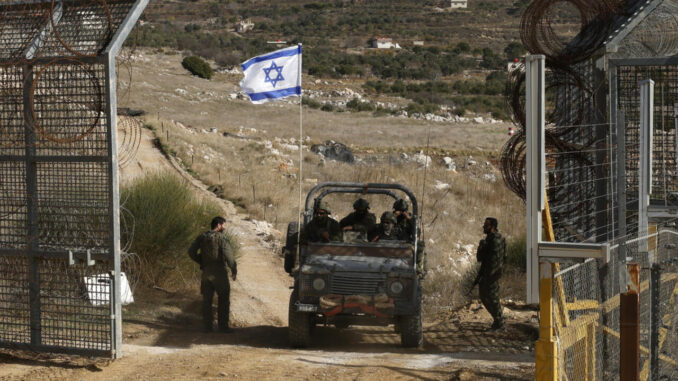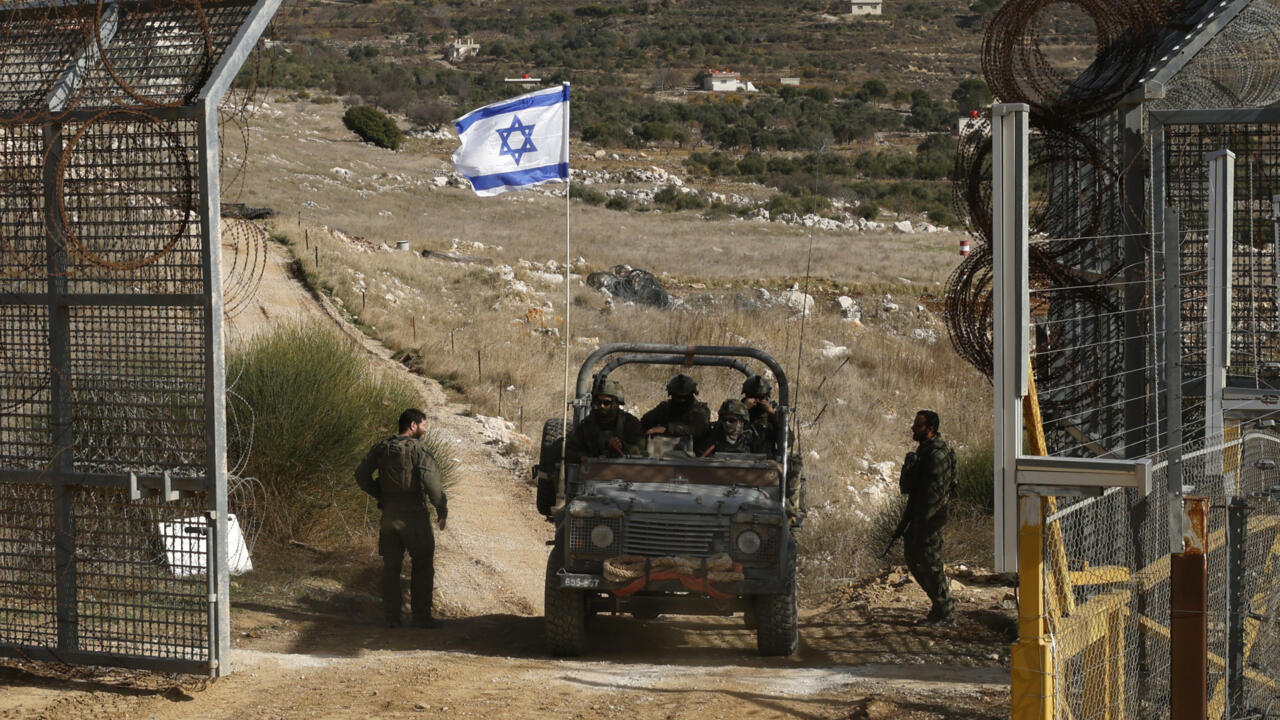
Russia’s Deputy Foreign Minister Sergey Ryabkov has advised “hotheads” in Israel to refrain from trying to exploit the situation in Syria.
After Israeli troops launched an incursion into their neighboring country, Ryabkov warned that Israel should avoid being “intoxicated by opportunities” presented by the ongoing crisis.
RT reports: Earlier this month, Syrian opposition forces led by Hayat Tahrir-al-Sham (HTS) jihadists launched a surprise offensive across the country, capturing a number of major cities, including the capital Damascus. In response, Syrian President Bashar Assad resigned and was granted asylum in Russia.

BYPASS THE CENSORS
Sign up to get unfiltered news delivered straight to your inbox.
You can unsubscribe any time. By subscribing you agree to our Terms of Use
Latest Video
Following the fall of Assad’s government, the Israel Defense Forces (IDF) invaded the buffer zone between Syria and the Golan Heights. Despite harsh criticism from the UN and Arab states, Israeli Prime Minister Benjamin Netanyahu announced on Sunday that his cabinet had approved a plan to expand the Jewish population in the illegally occupied area and “settle” in the Golan Heights indefinitely.
Commenting on the developments on Monday, Ryabkov was asked which external players were acting behind the scenes in Syria. The diplomat said that aside from the US, whose presence is “definitely visible,” Israel is one of the main “beneficiaries” of the current situation.
“I would like to warn certain ‘hotheads’ in West Jerusalem against being intoxicated by opportunities,” Ryabkov said, stressing that “the annexation of the Golan Heights, which many are talking about now, is absolutely unacceptable.”
He called on Israel to return to full implementation of the 1974 disengagement agreement with Syria, under which a buffer zone was established in the Golan Heights.
Previously the Israeli government claimed that the agreement had “collapsed” with the fall of the Assad government.
IDF chief of staff Herzi Halevi stated that Israel “isn’t intervening in what is happening Syria” and has “no intention of administering Syria.” However, he said that after the Syrian Army collapsed, there is now a “threat that terror elements will come here, and we advanced so… extreme terror elements won’t settle close to the border with us.”
